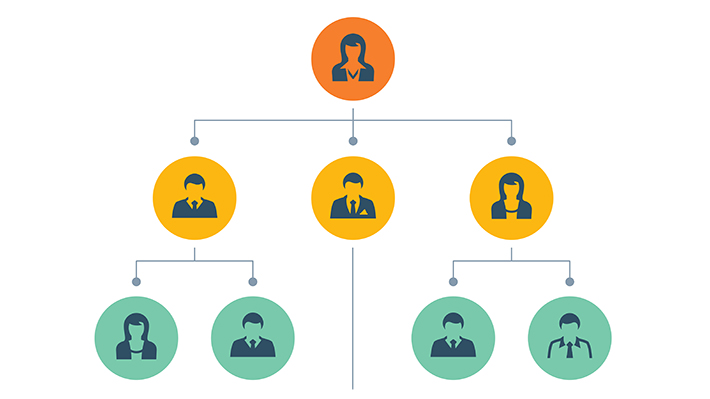
Ownership Structure: Does It Affect Labor Decisions?
With his latest research paper, LeBow assistant professor Curtis Hall, PhD weighs in on the long-held debate among academics and regulators about whether or not the stock market creates pressure on the managers of public firms to make short-term decisions in order to meet earnings targets.
Despite the lengthy nature of this debate, Hall says this question has been difficult to answer due to lack of reliable data on private firms.
However, Hall identified an exception: banks, which are subject to the same regulatory environment regardless of whether they are publicly or privately owned. Both are required to report their financial condition to federal regulators, including labor costs. Furthermore, previous research has shown that banks’ management incentives vary due to separation of control from ownership and access to the equity markets.
As a result, Hall says the commercial banking industry provides a powerful setting to study the effects of managerial incentives on labor decisions. So he constructed a sample of over 1,000 public and private U.S. commercial banks using data reported in regulatory filings with the Federal Reserve.
Consistent with public banks facing greater financial reporting pressures, Hall’s findings indicate that they do reduce labor costs to avoid earnings declines. However, his data also reveals that the use of labor cost reductions to manage required regulatory capital is more pronounced in private banks.
“Consistent with the explanation that access to the equity markets allows public firms to sell equity in lieu of cutting costs, I find that the use of labor cost reductions to manage capital requirements is concentrated in the subsample of banks with lower equity issuances. These findings suggest that while public ownership induces financial reporting pressure, it may also alleviate regulatory pressure through greater ability to sell equity.”
When it comes to the public vs. private debate, detractors say being private is better because it’s easier to focus on long-term goals. “My research shows that for investors, yes, the decision to go public may put you at some risk in terms of being tethered to the short-term demands of market and regulatory pressure,” Hall says. “But if you can withstand the short-term pressure, there are definitely advantages.”
Curtis Hall’s paper “Does Ownership Structure Affect Labor Decisions?” was published in The Accounting Review
The Center for Research Excellence is continuously working to enhance the quality and dissemination of important research conducted by LeBow faculty.
The Department of Accounting is an applied learning hub for accounting, auditing, tax preparation and related topics.


